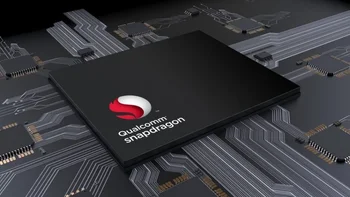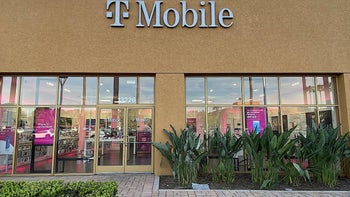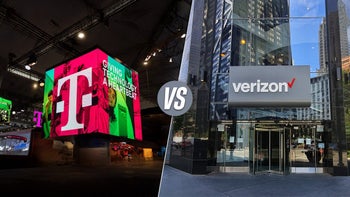Qualcomm's export license for Huawei has a major string attached

Although Qualcomm can reportedly sell smartphone chips to Huawei now, there is a huge catch.
It was earlier reported that the US considers Huawei's 5G gear a security threat and it would allow component shipments only if the 'technology does not support 5G.' It now appears that the US Department of Commerce wasn't just referring to the Chinese company's telecommunication business, but also 5G-enabled smartphones.
Seeking Alpha reports that KeyBanc analyst John Vinh says that Qualcomm has obtained an export license to sell 4G chips to Huawei, not 5G SoCs. It also seems very unlikely that permission would be granted to ship 5G chips to Huawei anytime soon.
Taiwan Semiconductor Manufacturing Company (TSMC) has also seemingly received the go-ahead to resume business with Huawei as long as it only supplies chips made using older fabrication technology and not advanced lithography processes like 7nm and 5nm.
Huawei is reportedly also planning to set up a chip plant in Shanghai free from American technology. The fabrication facility will apparently make 45nm chips in the beginning, before advancing to 28nm and 20nm chips over the course of the next two years.
It was earlier reported that the US considers Huawei's 5G gear a security threat and it would allow component shipments only if the 'technology does not support 5G.' It now appears that the US Department of Commerce wasn't just referring to the Chinese company's telecommunication business, but also 5G-enabled smartphones.
Huawei is currently one of the industry leaders when it comes to 5G phones and inability to sell handsets that support the next generation of cellular connectivity would impact its market position significantly. That said, the company is in no position to bargain, given that its options are severely limited, and without chips, it could be forced to exit the smartphone industry.
Huawei has reportedly also finalized a deal to sell Honor, which was a prerequisite for buying chips from Qualcomm. It's not known yet if this condition is what spurred Huawei to offload the subsidiary or it made the decision independently.
Taiwan Semiconductor Manufacturing Company (TSMC) has also seemingly received the go-ahead to resume business with Huawei as long as it only supplies chips made using older fabrication technology and not advanced lithography processes like 7nm and 5nm.
Huawei is reportedly also planning to set up a chip plant in Shanghai free from American technology. The fabrication facility will apparently make 45nm chips in the beginning, before advancing to 28nm and 20nm chips over the course of the next two years.










Things that are NOT allowed: